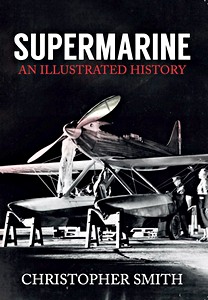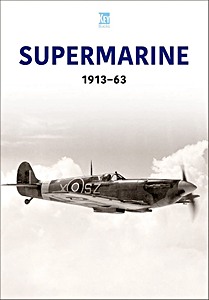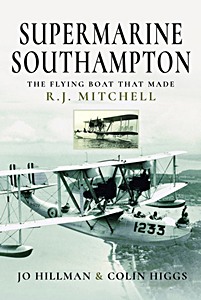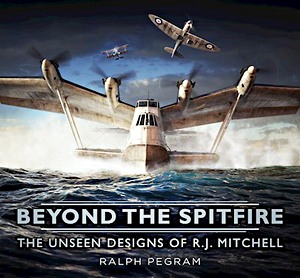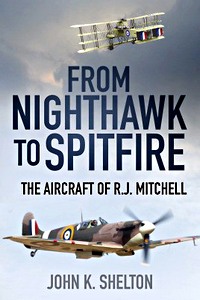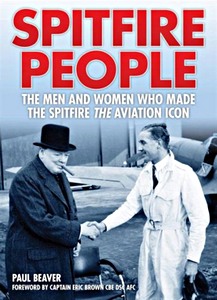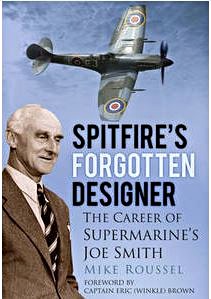Supermarine Rolls-Royce S6B Manual (1931) - Record-breaking racing seaplane, winner of the Schneider Trophy (Haynes Aircraft Manual)
On 13 September 1931 the Schneider Trophy was won outright for Britain on Southampton Water by Flt Lt John Boothman flying Supermarine S6B, S1595, with a record-breaking average speed of 379.08mph.

Ralph Pegram relates the story of the Schneider Trophy competitions and describes the development of British high-speed seaplane designs.
He examines the anatomy of the S6B (including the Rolls-Royce R engine), as well as giving rare insights into its flying characteristics and how it was maintained, operated and - of course - raced in the final competition.

More information about Haynes Aircraft Manuals
Product details
| Author: | Ralph Pegram |
|---|---|
| Details: | 192 pages, 10.8 x 8.5 x 0.51 in (27.5 x 21.5 x 1.3 cm), hardback |
| Illustrations: | many b&w and color photos |
| Publisher: | Haynes Publishing (GB, 2018) |
| Series: | Haynes Aircraft Manual |
| ISBN: | 9781785212260 |

Supermarine Rolls-Royce S6B Manual (1931) - Record-breaking racing seaplane, winner of the Schneider Trophy
Language: English
Available on Amazon - safe payment and fast delivery
Buy on Amazon.comBuy on Amazon UK
Buy on Amazon CA

